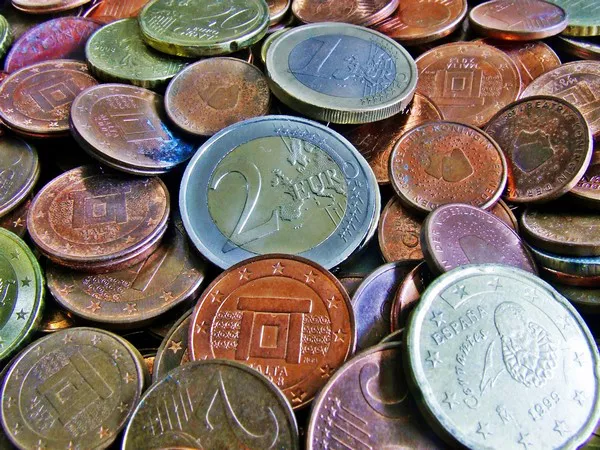Denmark is a country in northern Europe, and it is one of the few European Union (EU) countries that do not use the euro as their official currency. In this article, we will explore the reasons why Denmark has decided to keep its own currency, the Danish krone, and what impact this decision has had on the country.
The history of the Danish krone dates back to the 14th century, when it was first introduced as a silver coin. Over time, it evolved into the modern currency we know today, and it has served as Denmark’s official currency since 1875. Despite being a member of the EU, Denmark has chosen to opt-out of the euro and maintain the use of the krone.
One of the main reasons why Denmark has decided not to adopt the euro is due to concerns about losing control over monetary policy. By keeping the krone, Denmark can set its interest rates and adjust its exchange rate as needed to respond to economic conditions and manage inflation. This level of control would be lost if Denmark were to join the eurozone, as the European Central Bank (ECB) would have authority over monetary policy for all member states.
Another factor that has influenced Denmark’s decision is the concern about giving up sovereignty. While the EU has brought many benefits to Denmark, such as increased trade and investment, there are still concerns about the loss of national autonomy that would come with adopting the euro. Denmark wants to maintain its independence in economic matters and maintain control over its own currency.
Furthermore, Denmark’s economy has performed relatively well compared to other EU countries, which has given it more flexibility in making decisions about its currency. Unlike some other EU countries, Denmark has been able to maintain stable economic growth and low inflation, which has helped to bolster confidence in the krone.
It is also worth noting that Denmark has a unique relationship with the EU, as it has negotiated several opt-outs that allow it to maintain certain policies outside of EU control. For example, Denmark has opted out of the EU’s common defense policy and has chosen not to participate in the eurozone. These opt-outs have been granted due to the country’s strong negotiating position and could be seen as a reflection of its desire to maintain independence.
Despite not using the euro, Denmark still participates in the European Union’s single market, which allows for the free movement of goods, services, and people among member states. This means that Danish businesses can still trade freely with other EU countries, and Danish citizens can still travel and work throughout Europe without restrictions.
In conclusion, there are several reasons why Denmark has decided not to adopt the euro as its official currency. Concerns about losing control over monetary policy, maintaining sovereignty, and a strong economy have all played a role in this decision. While some may argue that not using the euro puts Denmark at a disadvantage compared to other EU countries, the country has managed to maintain economic stability and autonomy by keeping the krone. Ultimately, it is up to each individual country to decide what is best for its own economy and political situation.
The debate over whether or not to use the euro will likely continue for years to come, as more countries consider their options. Denmark’s experience provides an interesting case study for other countries that are weighing the pros and cons of adopting the euro. While the benefits of a common currency are clear, there are also valid concerns about giving up control and losing national autonomy. As such, each country must carefully weigh the costs and benefits before making a final decision on whether to join the eurozone.


